A Film Review by Guest Blogger David Stallings
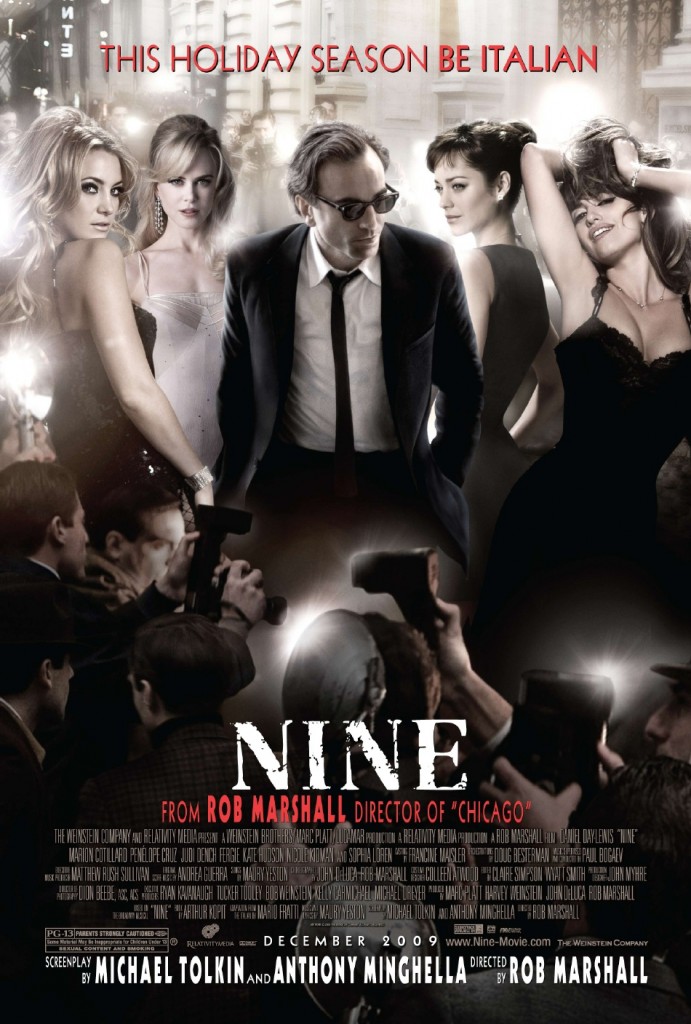
The question is not is Nine worthy, but can a modern audience sit through 8 ½?
Buzz surrounding Rob Marshall’s film adaptation of a stage musical adaptation of a 1963 film classic, 8 ½ , has been flitting around the industry for many months. From the drama of losing Javier Bardem and gaining Daniel Day Lewis to casting a bevy of Hollywood Divas in ensemble roles, this picture has certainly had the build-up of a blockbuster hit. Unfortunately for this film, it has neither the current American cinematic structure nor the traditional character development to meet the primary requirement of a Blockbuster: the movie does not speak to everyone. That being said, the film Nine will have those who love it and hate it arguing about its validity for years to come. In short, Nine has thus succeeded as a work of art.
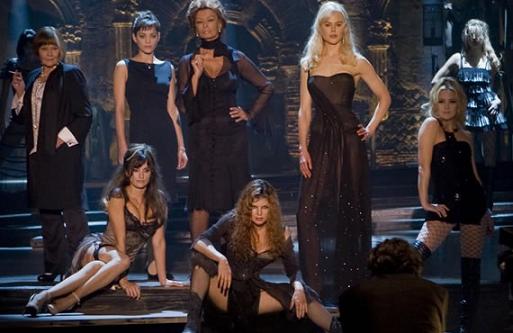
The Lovely Women of NINE
The plot of Nine, follows Guido Contini (Day-Lewis), a Fellini-esque director in 1960’s Italy, attempting to regain his early success. Unfortunately his next film begins shooting in ten days and he has yet to write the script. He escapes Rome and flees to a spa—hoping to seek solace in a doctor, mistress, or priest. He finds them in that order. Ultimately, Guido is having an existential break down and cannot find himself, let alone a new script. He is forever a mental nine year-old—even though his body is quickly approaching fifty. Through the film, Contini searches each woman in his life hoping to find his definition or inspiration through them. Each woman has her own section of the film (complete with a song) dedicated to her relationship with Guido and why it has failed. Ultimately, Contini has never seen any of the women in his life for who they truly are, but has idolized them and created them into film characters, rather than appreciating them for who they are. Each woman is an archetype rather than herself. And the genius of the film is that each woman knows how they are seen and must choose to accept this status or walk away.
The performances are all stellar. Daniel Day-Lewis is virile, witty, and desperate as Guido. In the role of his wife Luisa, Marion Cotillard is simply genius. In a short amount of time, she brings the humanity of her character. Penelope Cruz adds vulnerability to the role of Carla the mistress (something missed in both the previous film and stage musical). And watch out—she sings! Judi Dench as the confidant Lilli is sage and sharp as always. Nicole Kidman in surprisingly honest underneath all of her hair and make-up. She plays Guido’s muse and star, Claudia. Her approach of the song Unusual Way is bold—not sweetly singing the ballad as is traditional, but attacking it with anger and hurt. Fergie is the only woman allowed a rawness of nature in her role as the whore Saraghina—and she delivers. And finally Kate Hudson sings and dances marvelously as the frivolous and obsequious style reporter Stephanie.
This classic tale is given amazing cinematic reverence—reinventing moments from 8 ½ and La Dolce Vita with exquisite precision. And Maury Yeston’s score finally comes to life in a text worthy of its depth. The book for the stage musical lost the artfulness of the original film. The zingers in this script will pierce and shock. Unfortunately, only half of the audience is responding. For many, the film is too slow, not relevant, or simply not “musical” enough in structure to please. In this time of strife, people are in an “Odets’ frame of mind”. They crave believable, relatable characters. The kings and queens (or stars and directors) do not hold enough weight for dramatic tension and a more pedestrian plot is being craved by modern moviegoers.
Many are also complaining about the pacing and style. One must ask these people what they would prefer? Would these critics rather have had Marshall throw out the original altogether simply to satisfy the modern cookie-cutter structure of American Cinema? Certainly few of these angst-ridden reviewers have ever seen 8 ½, let alone La Dolce Vita (both clock in around three hours in length). They obviously were hoping for Chicago and did not know how to respond to this piece of art. If we all would simply let go of our predispositions and enjoy the movie for what it is, then I guarantee you will be surprised by the many hidden flavors within.

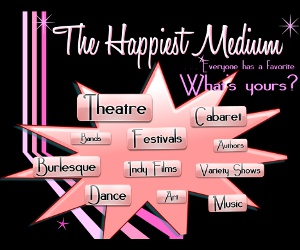

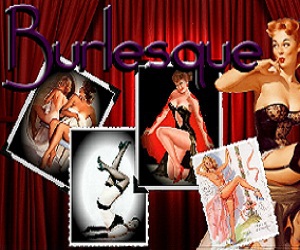


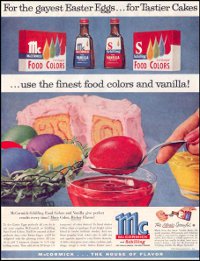
{ 0 comments… add one now }